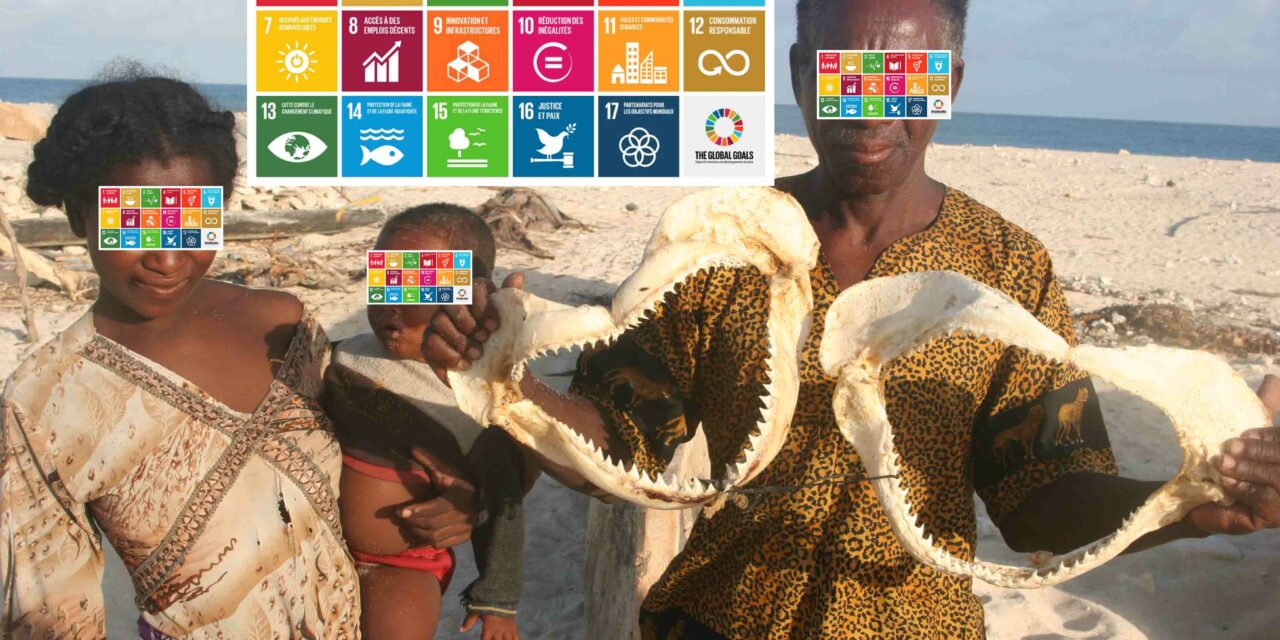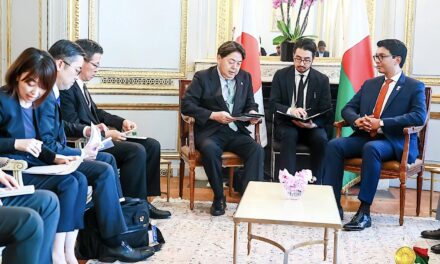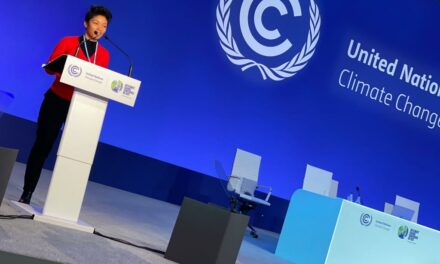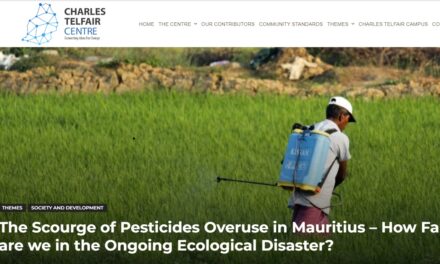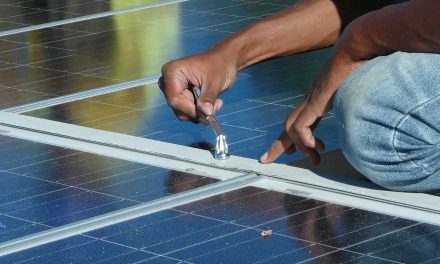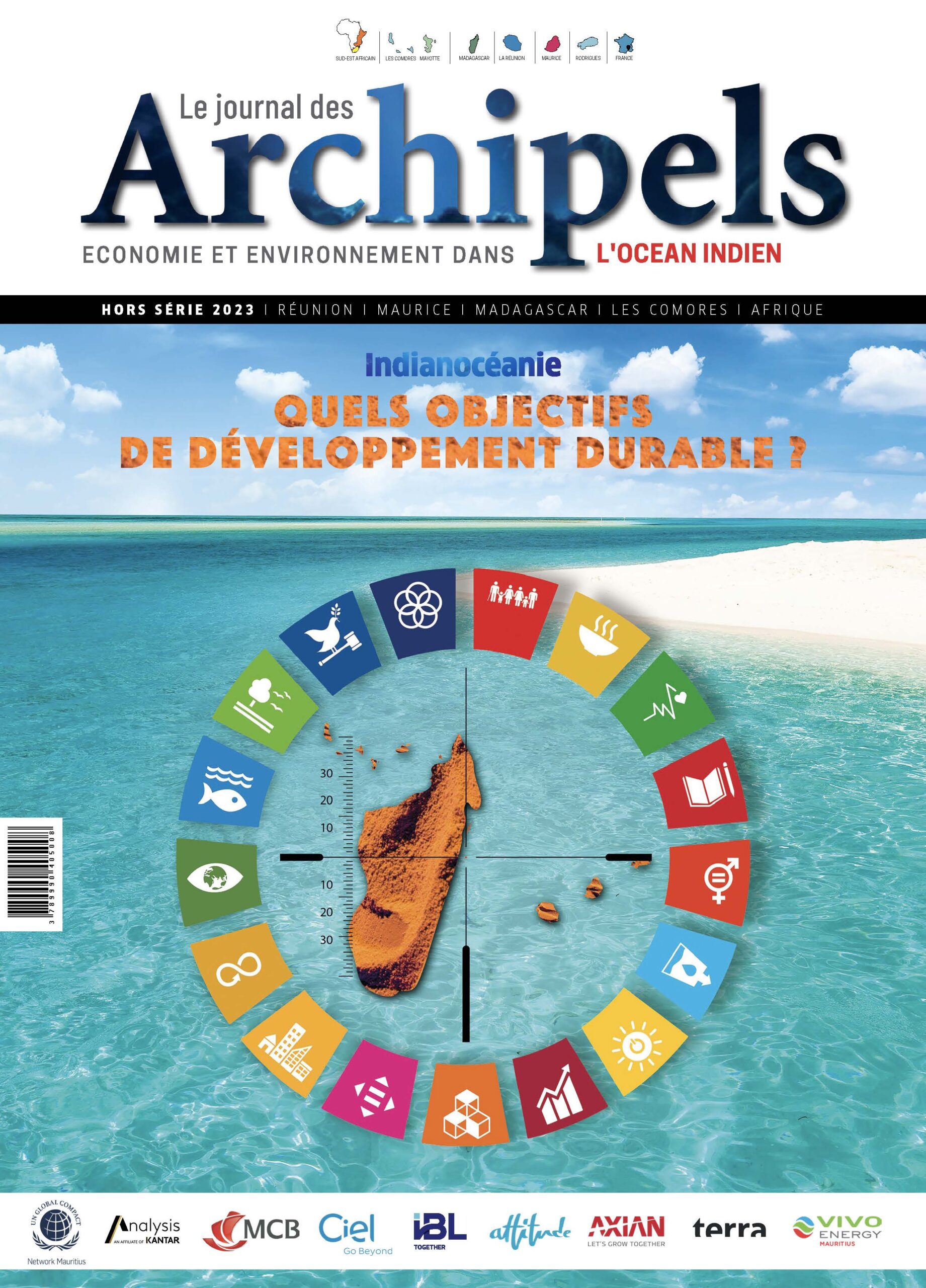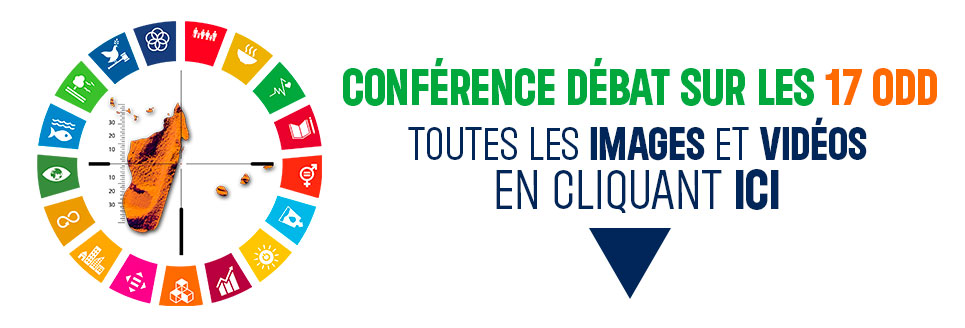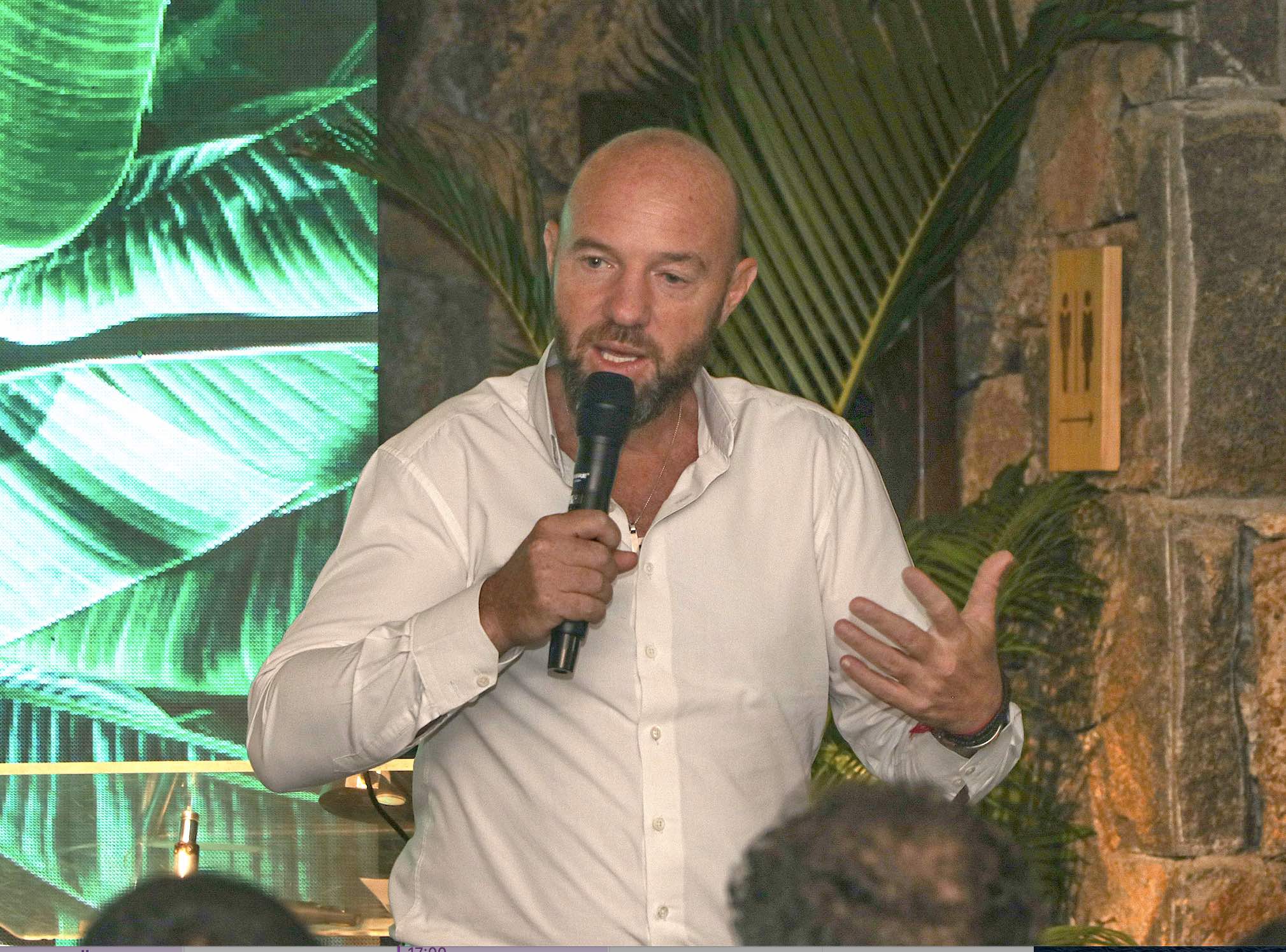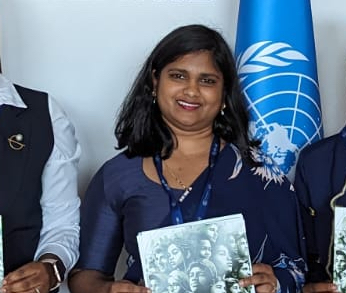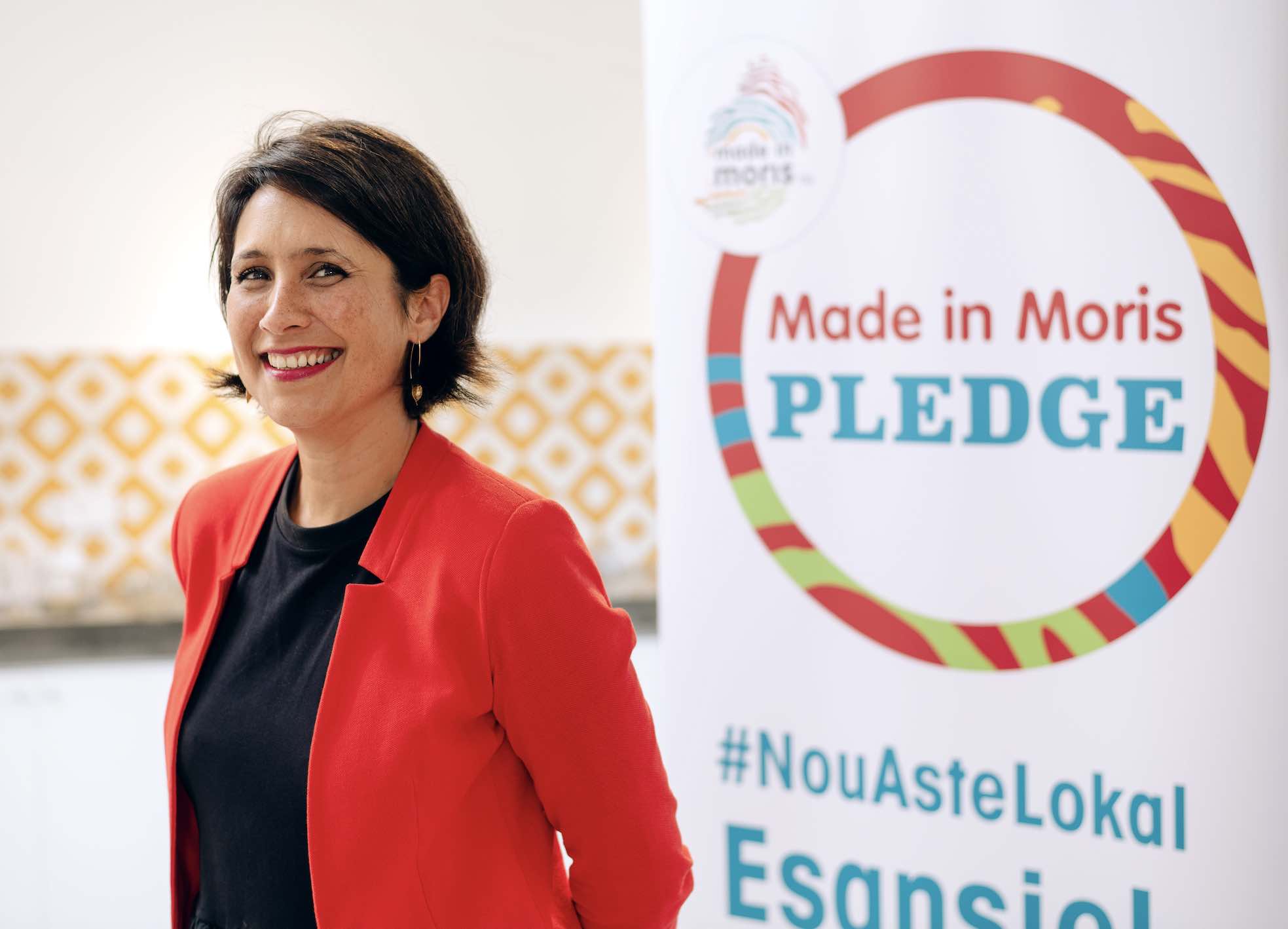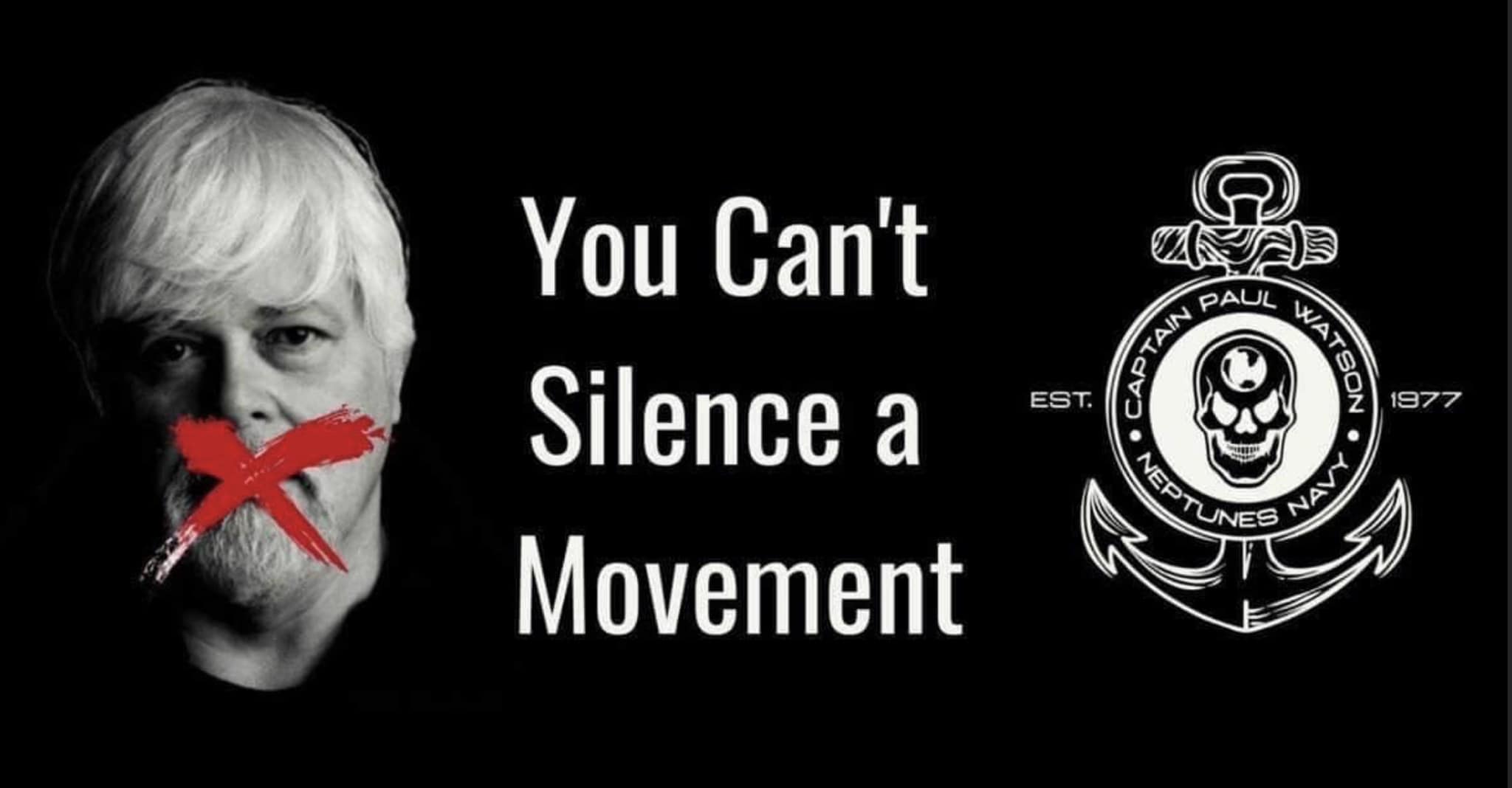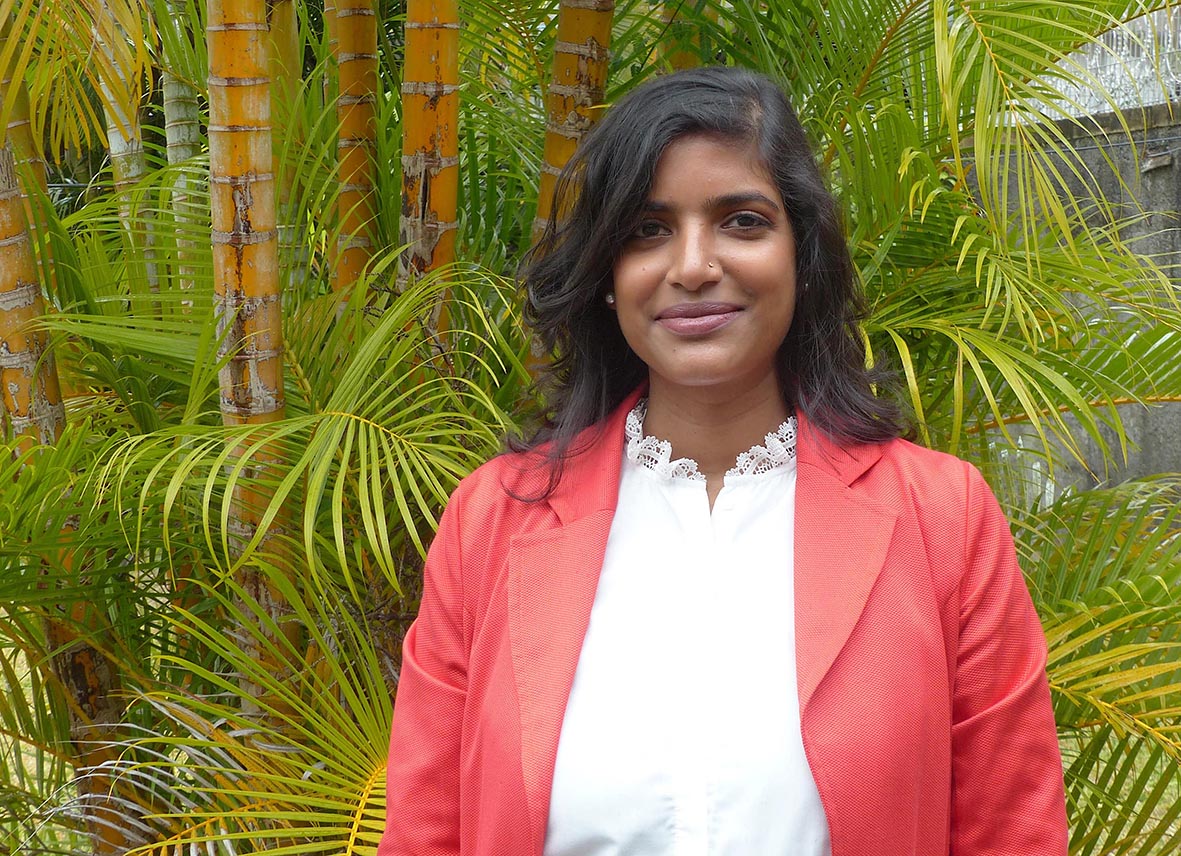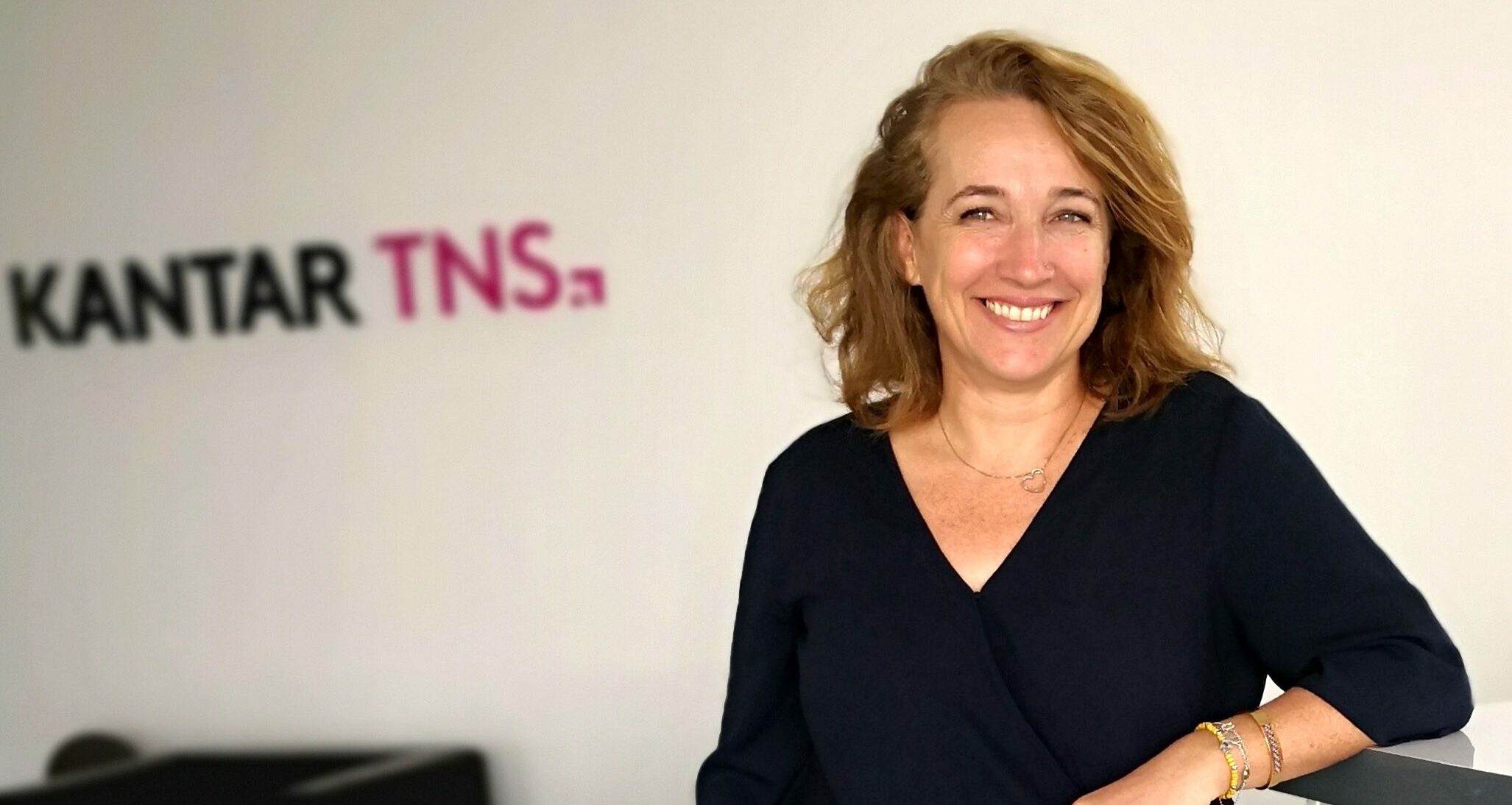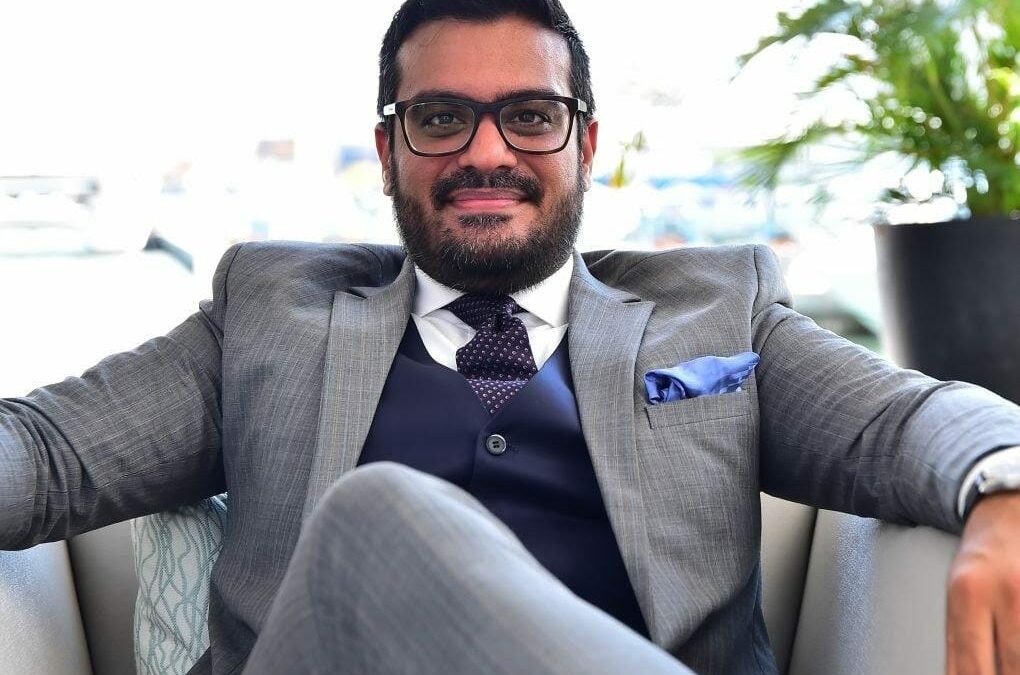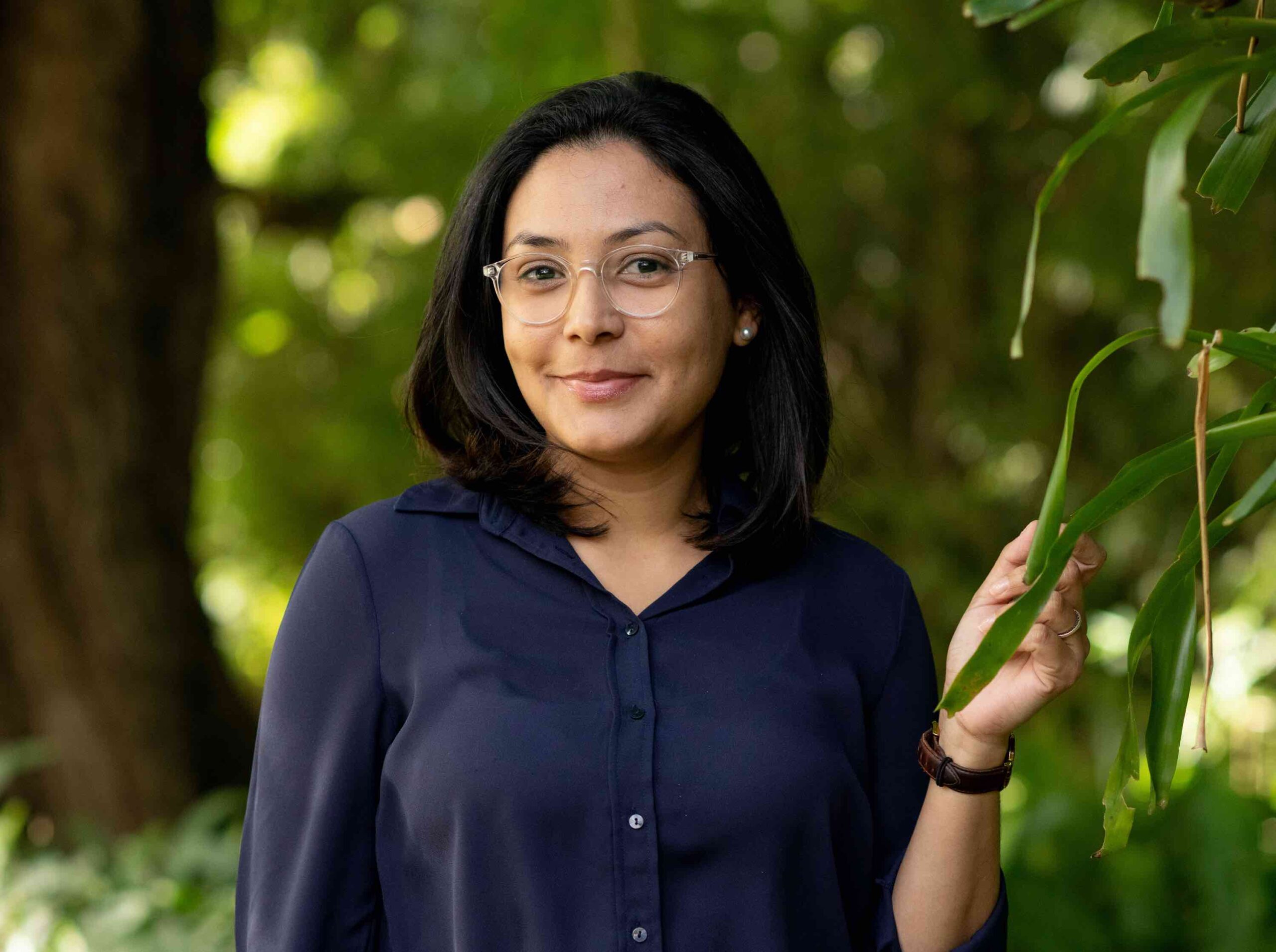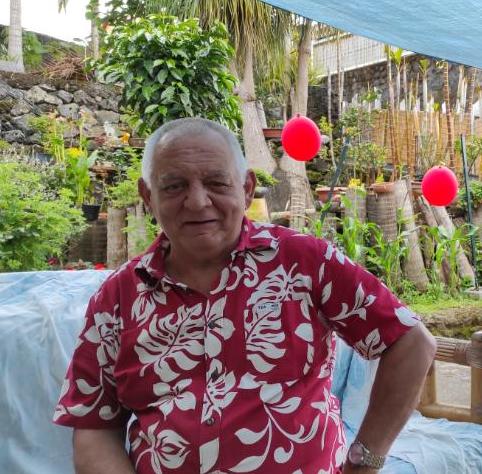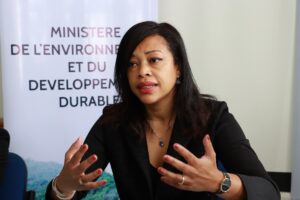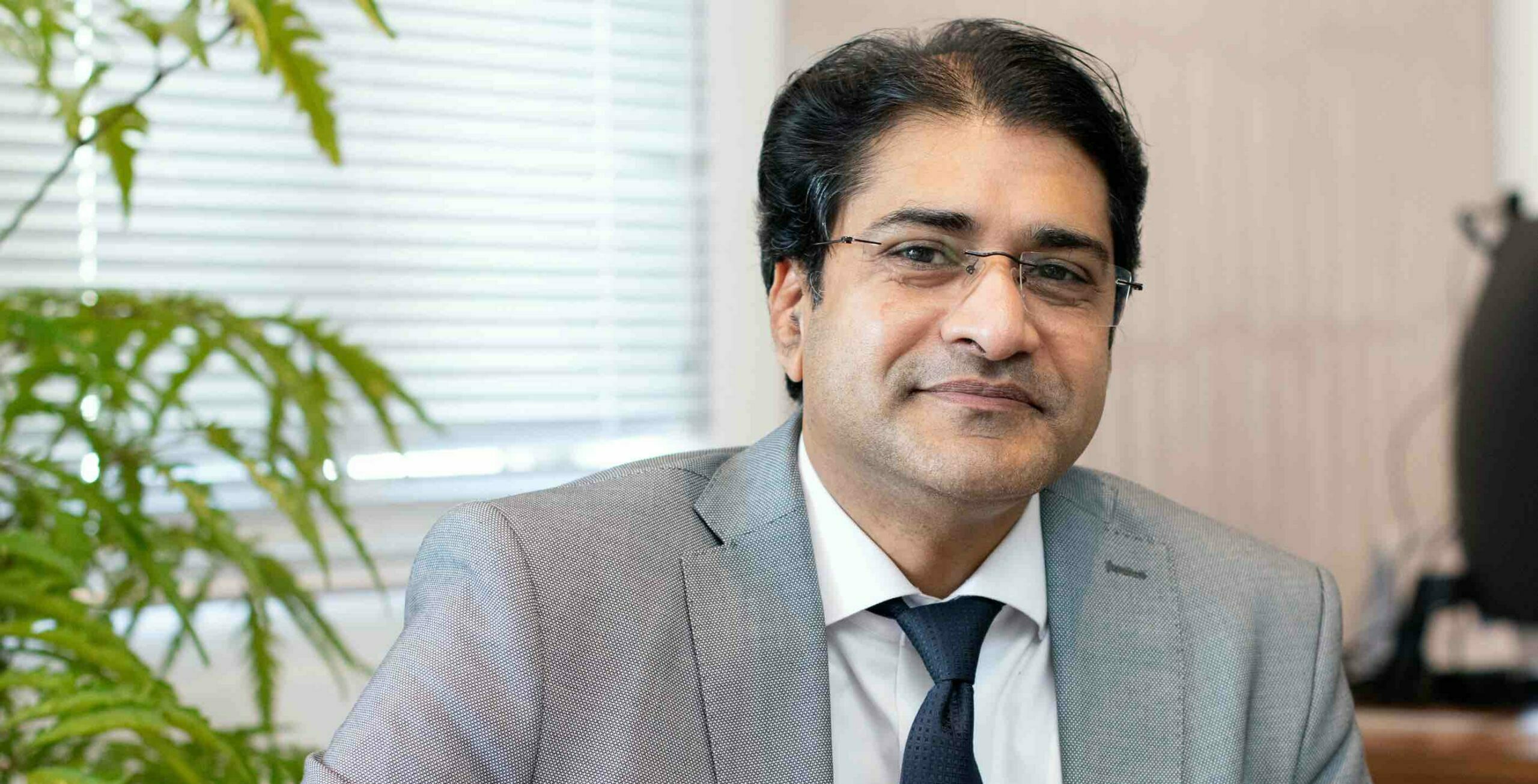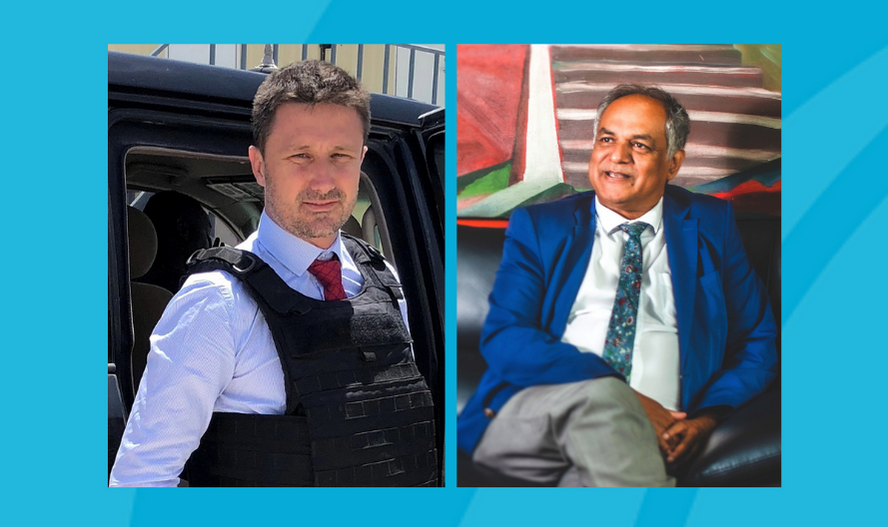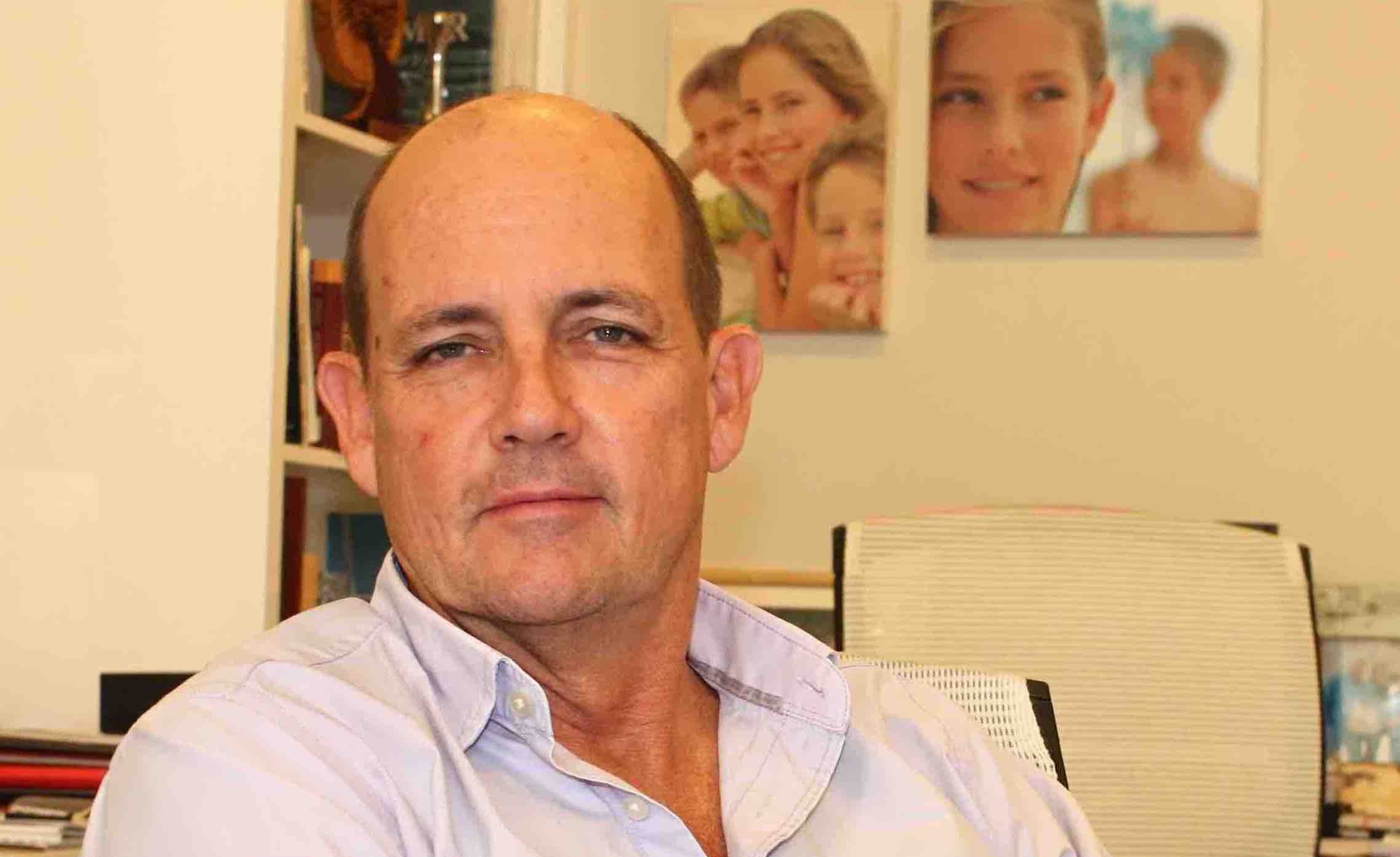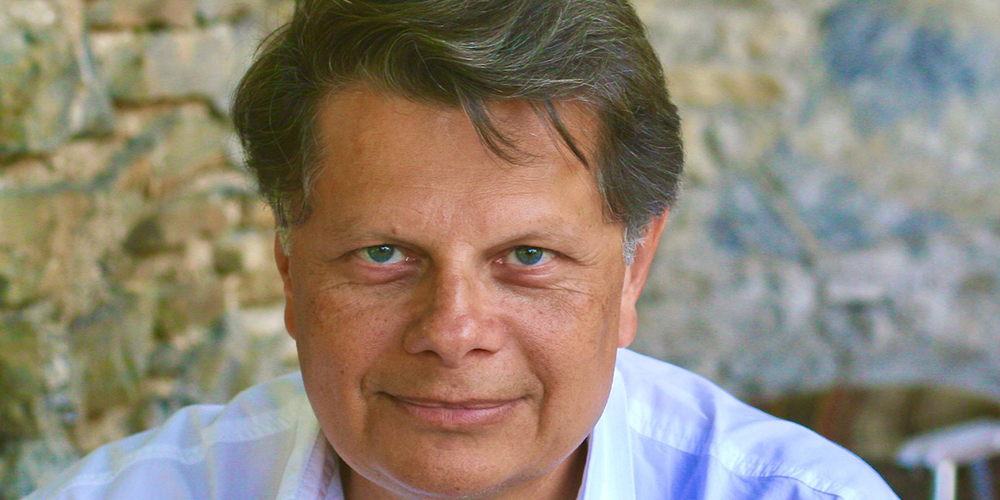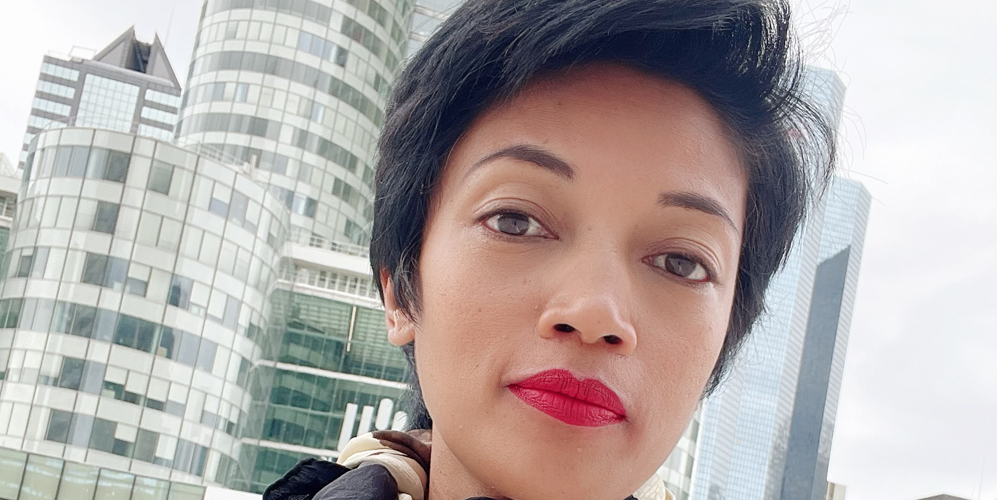Madagascar’s ambition is to be an emerging nation, strong, united and concerned about the well-being of population. Six years after its commitment to the implementation of the 2030 Agenda, the government has indicated that it has reinforced commitments and is resolutely committed to a continuous improvement process to achieve the Sustainable Development Goals (SDGs). Despite the internal and external shocks and hazards, the country has registered for the second time for the Voluntary National Review (VNR) of the SDGs at the High Level Political Forum (HLPF). But on the ground much remains to be done…
From our partner Madagascar Newsroom. Excerpts. In the field of environment, efforts have allowed significant progress although, unfortunately, still insufficient: increase of the reforested area, which goes to 45,003 ha in 2020 against 4,739 ha in 2016; increase of protected areas: 7,099,000 ha in 2020 against 7,000,828 ha in 2016. At the social level, commitments to ensure universal access to health services have resulted in the development of an SRMNIA investment framework and the promulgation of the law on reproductive health and family planning. Regarding gender equality, Madagascar is among the groups of countries where the level of gender equality is considered high. Its Gender Development Index (GDI 0.952) is much higher than the average index for sub-Saharan African countries (GDI 0.894) and for countries with low human development (GDI 0.861). In the fight against gender-based violence, Law No. 2019-008 of January 16, 2020 was enacted to strengthen the legal regime on prevention, prosecution, repression, care and reparation, and victim protection.
Economic optimism despite the shock
According to our sources, Madagascar’s economic growth and development trajectory has shown an upward trend over the past five years. Apart from the consequences of the shock of the Covid-19 pandemic in 2020, economic growth is expected to increase from 4% to 8% by 2023. However, the pandemic has slowed down efforts to implement the SDGs. Economically, GDP has declined by -4% (MDG 8). The health risks (MDG 3) are real with the scarcity of attendance at health facilities, resulting in a decrease in immunization coverage, births attended by qualified personnel, and access to sexual and reproductive health information and services for many women, young girls and adolescents (MDG 5). Overall, the overpopulation of certain regions creates a rural exodus towards (shanty) towns that are not equipped and the spiral of poverty is then at the rendezvous… It should be noted that the Orientation and Follow-up Committee of the SDGs is chaired by Prime Minister Christian Ntsay and the leadership is given to the Minister of the Economy and Finance who heads the Technical Committee. It is also known that this second report was developed through a multisectoral institutional mechanism, operational since 2016, which promotes an inclusive and participatory approach to leave no one out. And the government notes that this national ownership of the SDGs is palpable at the highest level, with the integration of priority goals in the 13 commitments of the General State Policy and the Madagascar Emergence Plan (PEM 2020-2024).


